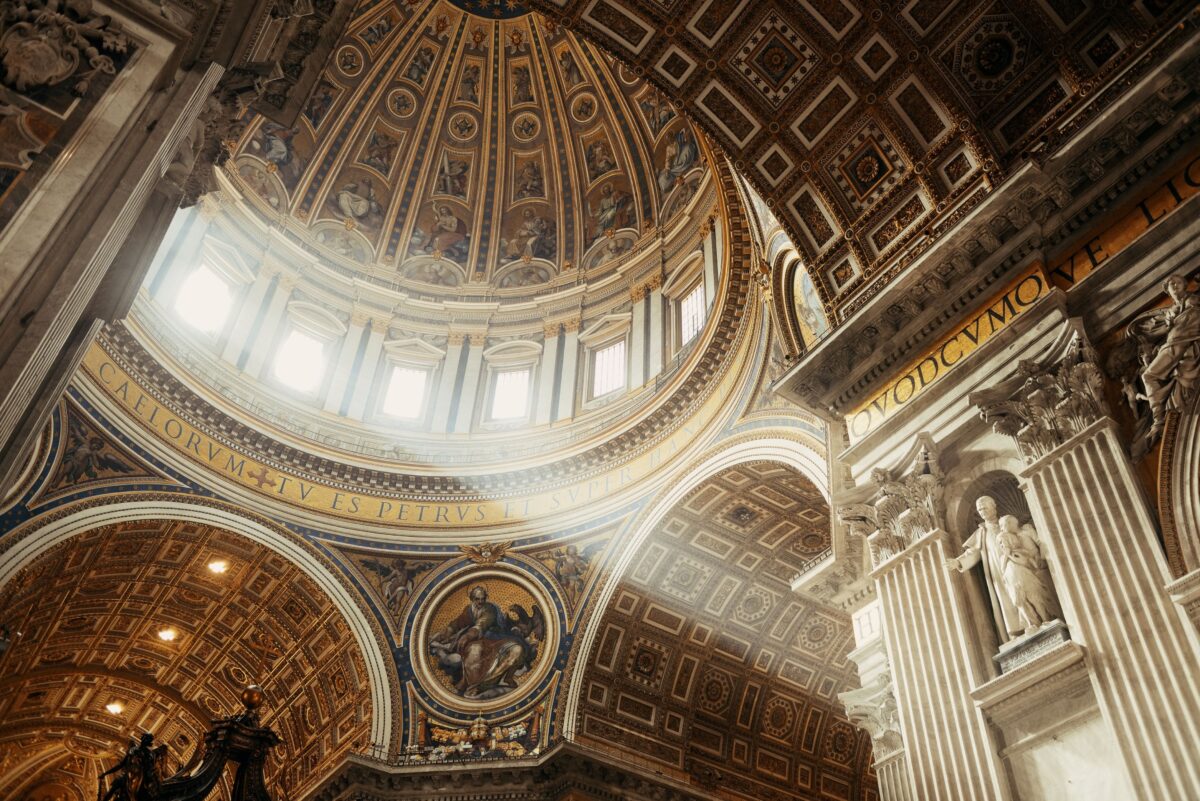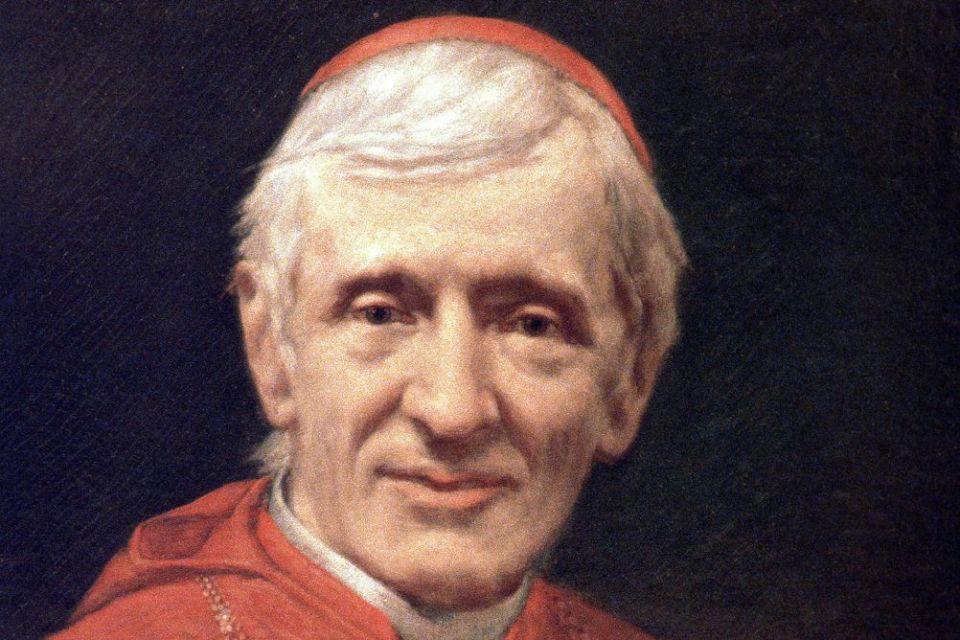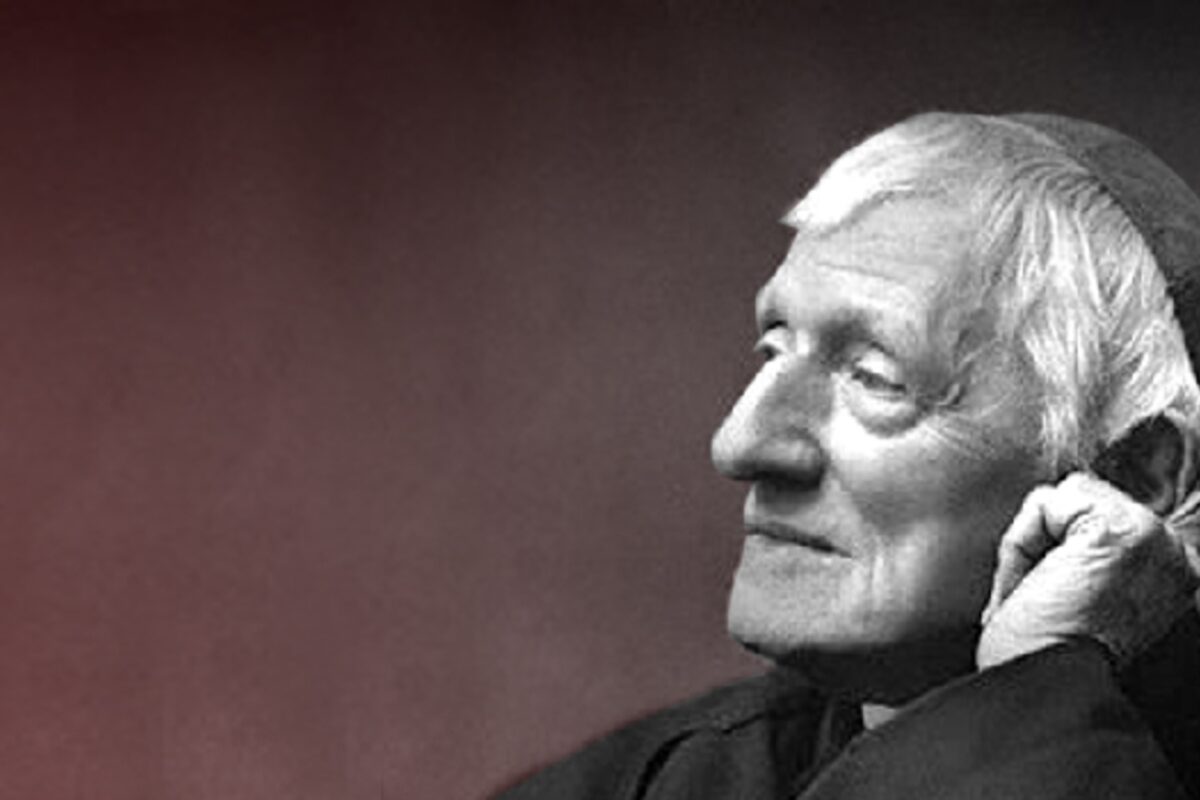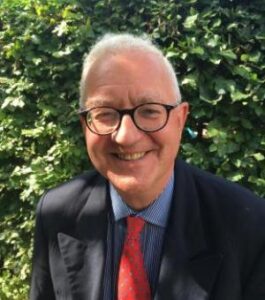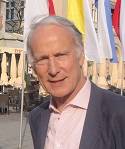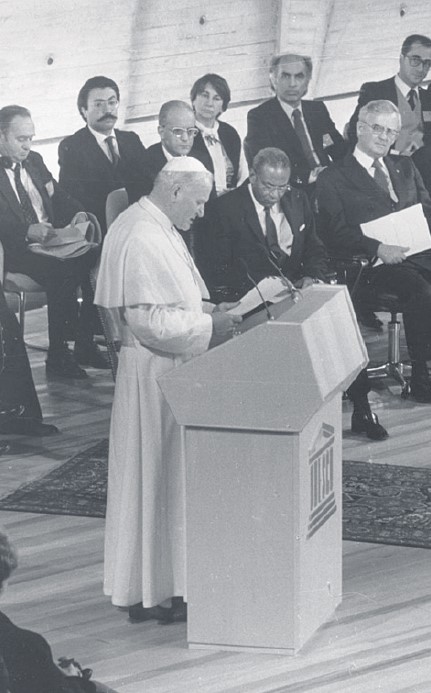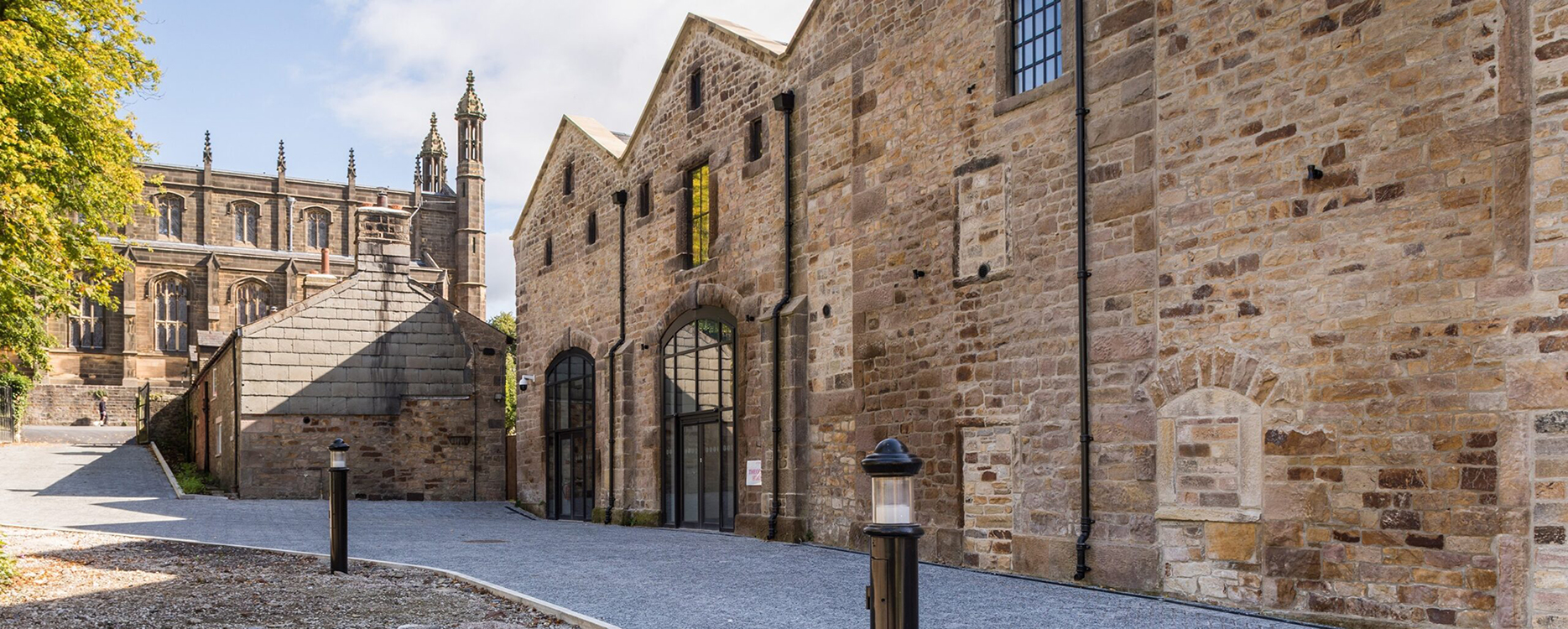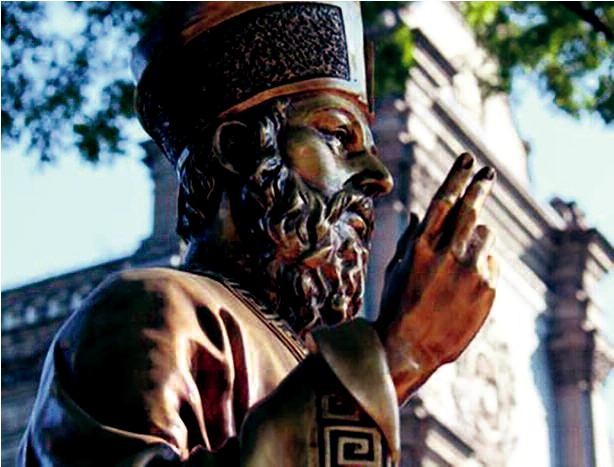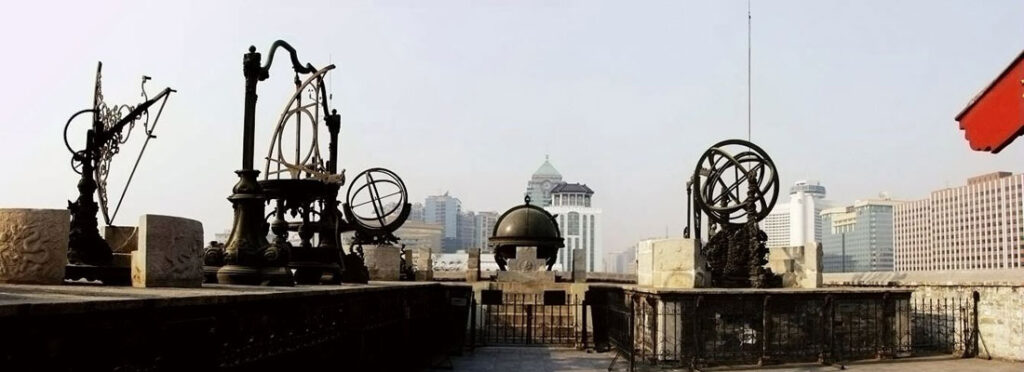CPD for leaders of Catholic schools & MATs
Building Catholic Culture in Education
Friday 12th - Sunday 14th May 2023
A weekend exploring essential themes
for a Catholic ethos in today’s schools
“[The Catholic school’s] proper function is to create for the school community a special atmosphere animated by the Gospel spirit of freedom and charity … and to order the whole of human culture to the news of salvation so that the knowledge the students gradually acquire of the world, life and man is illumined by faith”
Second Vatican Council, Declaration on Christian Education “Gravissimum Educationis”
Our weekend course is aimed at governors, trustees, chief executives, heads and senior leaders who wish to engage in a serious discussion around the fundamentals of Catholic identity in a secular, multi-cultural and post-modern society, and the challenges of creating and sustaining a Catholic culture in educational settings in today’s Britain.
Bringing together an array of experienced and insightful practitioners with a variety of backgrounds, the course will enable a deeper understanding of the theological building blocks of a Catholic culture. The course will examine the opportunities and challenges presented by the increasingly secular culture in Britain today, in order to reflect on the commonalities and differences that go towards defining Catholic educational institutions.
Keynote speech:
Cultural Challenges to Catholic Education
by Mgr Michael Nazir-Ali
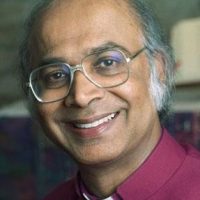
Sessions:
- Why Catholic? The Uniqueness and Universality of Christ’s Church in a Pluralist World
- Shifting Sands: Secular and Catholic Concepts of Person and Society
- A Question of Nature: Created Male and Female or Genderless Creation?
- Educating to be Catholic in Contemporary Society
- Culture Wars in Catholic Schools: Feminism, LGBT and Critical Race Theory
- Managing Culture Wars from a Legal Standpoint
This course is intended for those in positions of leadership or governance in Catholic multi-academy trusts and schools, whether as executives, senior leaders, governors or trustees.
The weekend is built around six sessions and a keynote speech, allowing for questions and discussion time with each speaker, as well as dedicated discussion and plenary sessions.
A framework of prayer will be offered with daily morning and evening prayer and Mass.
Evening socials and free time provide a great opportunity for networking in a relaxed environment.
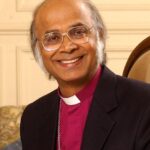 Mgr Michael Nazir-Ali was the 106th Bishop of Rochester, for 15 years, until 1 September 2009. He is originally from Southwest Asia and was the first Diocesan Bishop in the Church of England born abroad. He was appointed in 1994. Before that he was the General Secretary of CMS from 1989-1994 and prior to holding this position was Bishop of Raiwind in Pakistan. He holds both British and Pakistani citizenship and from 1999 was a member of the House of Lords where he was active in a number of areas of national and international concern. He has both a Christian and a Muslim family background and is now President of the Oxford Centre for Training, Research, Advocacy and Dialogue (OXTRAD).
Mgr Michael Nazir-Ali was the 106th Bishop of Rochester, for 15 years, until 1 September 2009. He is originally from Southwest Asia and was the first Diocesan Bishop in the Church of England born abroad. He was appointed in 1994. Before that he was the General Secretary of CMS from 1989-1994 and prior to holding this position was Bishop of Raiwind in Pakistan. He holds both British and Pakistani citizenship and from 1999 was a member of the House of Lords where he was active in a number of areas of national and international concern. He has both a Christian and a Muslim family background and is now President of the Oxford Centre for Training, Research, Advocacy and Dialogue (OXTRAD).

Rev. Stephen Morgan has been Rector of the University of Saint Joseph since 2020. Originally from Wales in the UK, he is an Associate Professor of Theology and Ecclesiastical History.
After a career in finance in the City of London and Hong Kong, he spent fifteen years as the CFO/COO of a large not-for-profit in the UK. Returning to academic work in 2009, he read for a DPhil in Theology at the University of Oxford, where he was a post-doctoral Research Associate of St Benet’s Hall between 2013 and 2015. He has been a member of the academic staff of the Maryvale Institute of Higher Religious Sciences since 2011.

Katherine Bennett has a BA in Theology and an MA in Philosophy, and has taught Religious Education for over 20 years in London schools. She is now a writer and broadcaster, running weekly conversations about the Catholic Faith on YouTube, writing for the Catholic Herald and working with Catholic Voices. She was commissioned by Archbishop John Wilson to be deanery mentor responsible for evangelisaton in Southwark.


Dr Gavin Ashenden studied theology at Oak Hill Theological College in London, and was ordained as an Anglican priest by + Mervyn Stockwood in Southwark Cathedral in 1980. He lectured at the University of Sussex for 23 years on the Psychology of Religion and Literature. He was a member of the General Synod of the Church of England for 20 years, and served as Chaplain to the Queen from 2008 to 2017.
Gavin resigned from the Church of England in 2017, then being ordained as a Missionary bishop to the UK and Europe for the Christian Episcopal Church. He has since been received into the Roman Catholic Church by + Mark Davies at Shrewsbury Cathedral. Dr Ashenden now writes as a lay Catholic, contributing articles to both secular and religious press, and continuing his well-established online ministry.
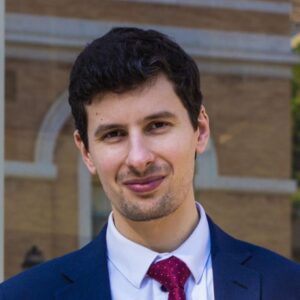
Stefan Kaminski studied philosophy and theology at the Pontifical Gregorian University in Rome, and gained a Licentiate from the John Paul II Institute for Marriage and Family Life. He has worked in parishes delivering catechesis, and in a wide range of schools in various roles from chaplain to governor and Head of Theology. He has served as Director of The Christian Heritage Centre charity for four years, creating and delivering Catholic formation to a range of audiences.
Theodore House offers a wonderful venue for any residential course. The tranquil and beautiful surroundings of the Stonyhurst estate offer a peaceful setting with endless opportunities for walks. Guests will enjoy the comfortable recreational spaces and a beautifully lanscaped garden.
For more information about Theodore House, please click here.
- Arrivals from 5pm (Friday)
- Course commences with evening prayer at 6:45pm and dinner at 7pm (Friday), followed by introductions and the first session
- Departures from 3:15pm on Sunday
Cost
Single room: £220 p.p.*
Twin room (sharing): £180 p.p.*
Non-residential, (includes lunches and dinners): £130 p.p.
*Includes full board from Friday dinner to Sunday lunch inclusive.
Bursaries of up to £70 p.p. are available to support with the cost of the course where required.
Please contact events@christianheritagecentre.com for further information.
“The lecture content was well organised and focused on practical situations – intellectually challenging, but stimulating and easy to follow. Presentation was great and brought emphasis on the important points.”
“Thank you so much for this conference and all the effort and hard work that has been put into it. The ability to gather and discuss with a framework of reflection and prayer/sacraments is truly precious.“
Please register below (includes £50 p.p. deposit payment):
![]()
Venue:
![]()

